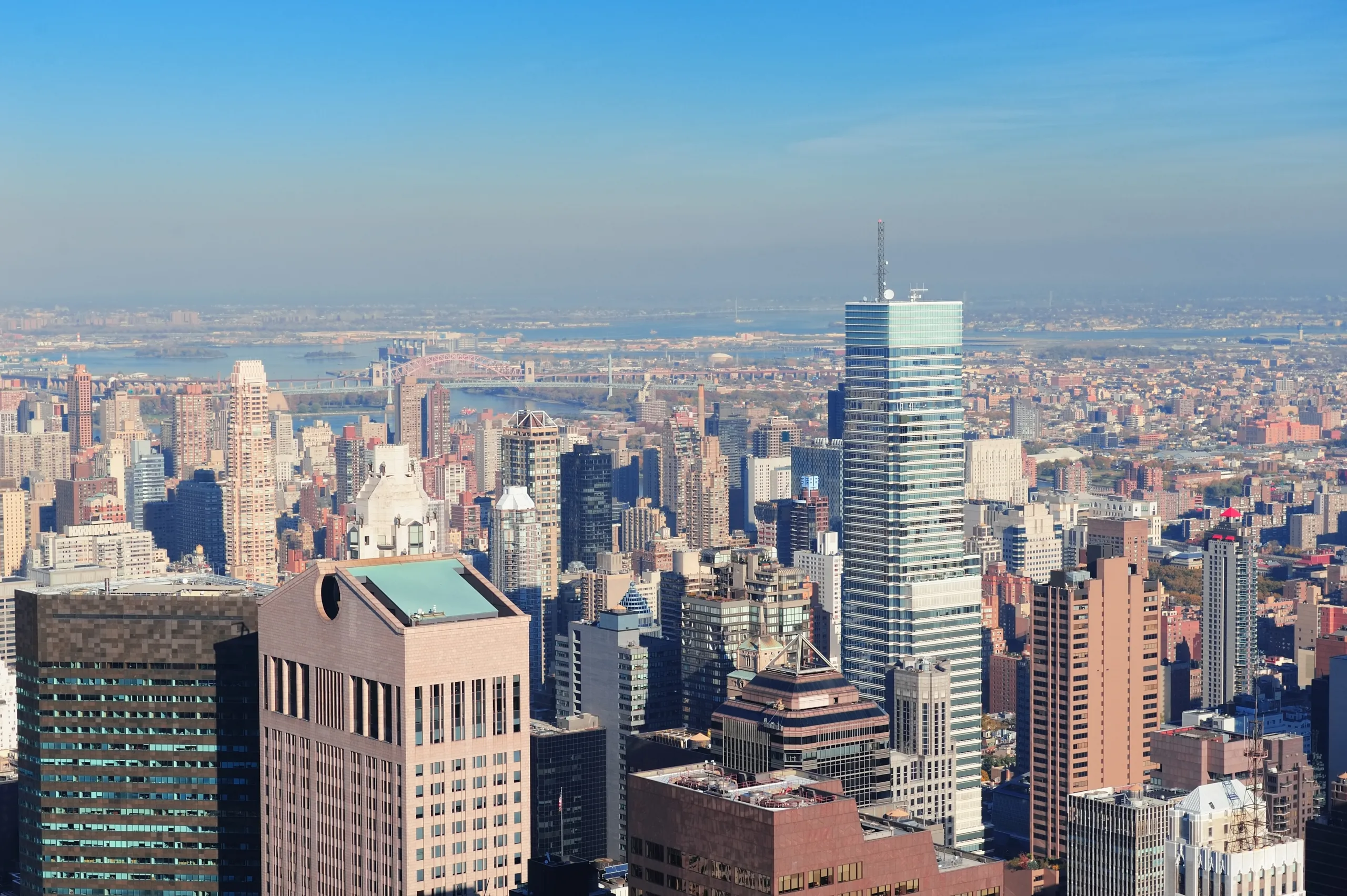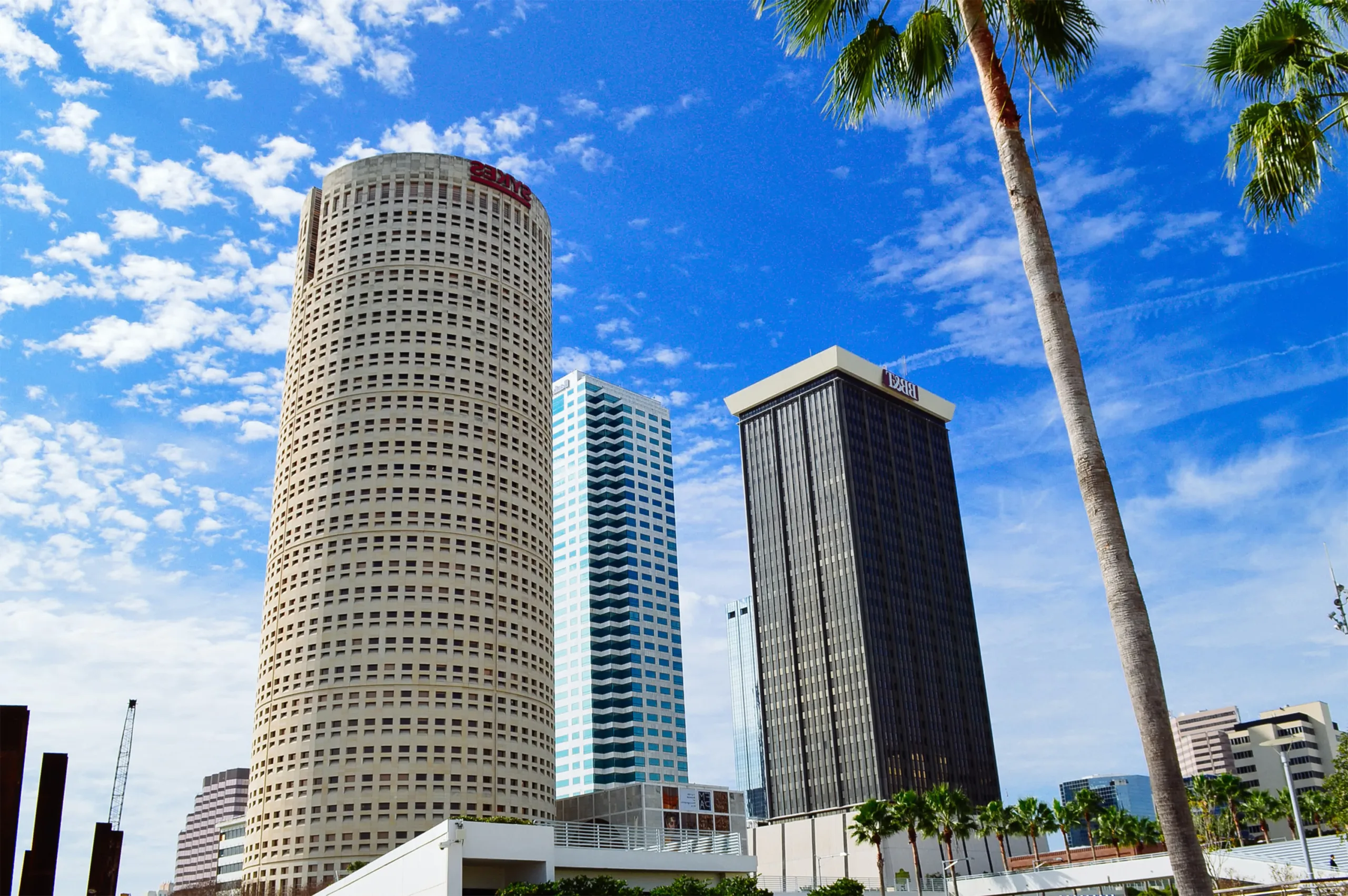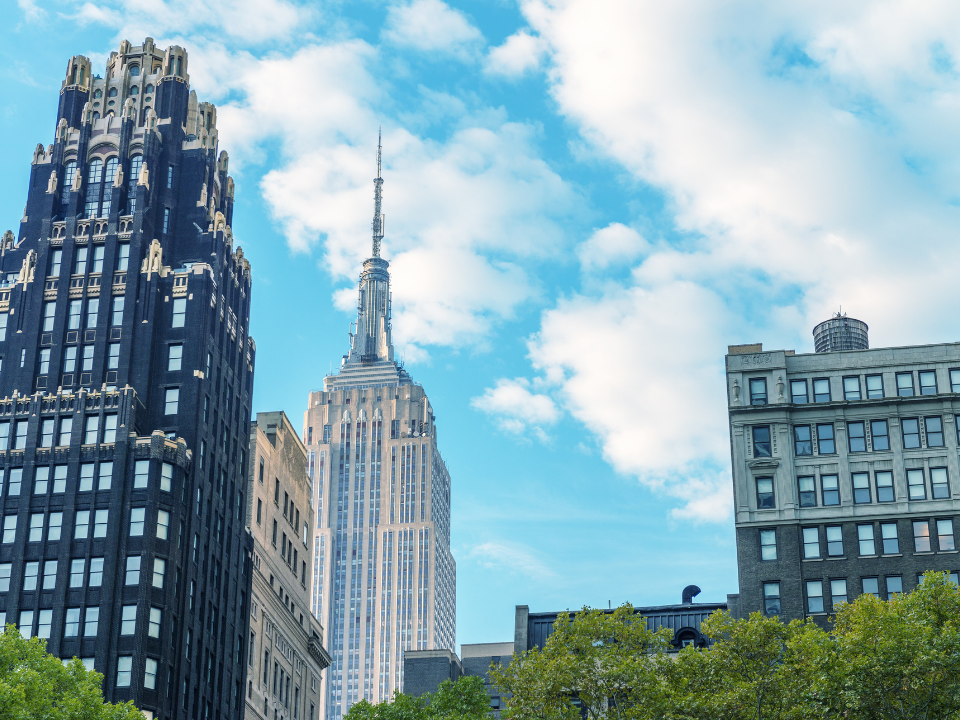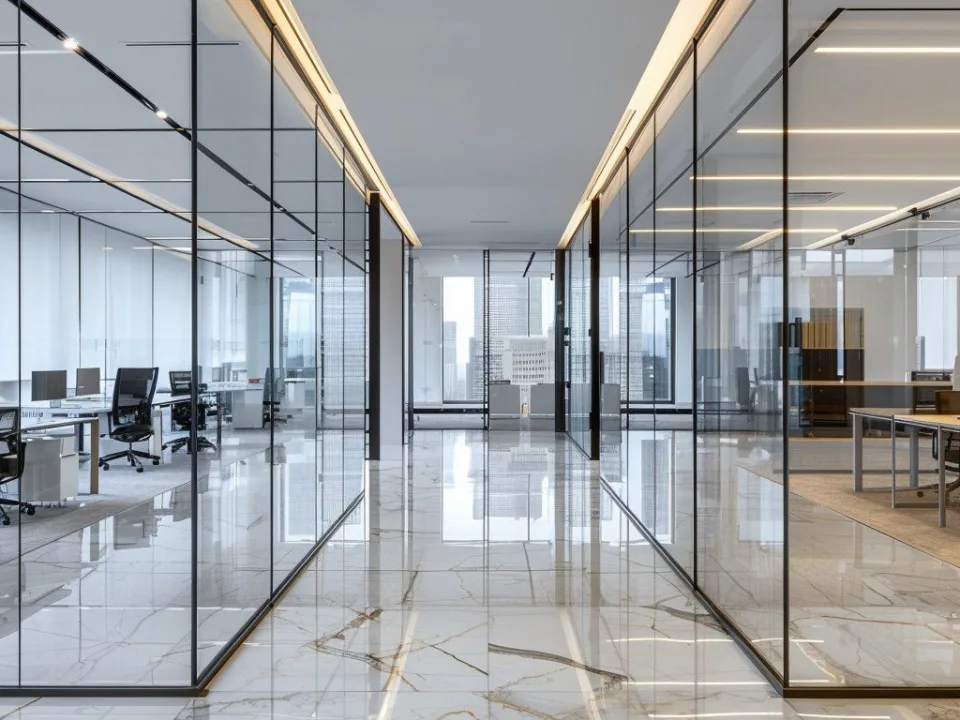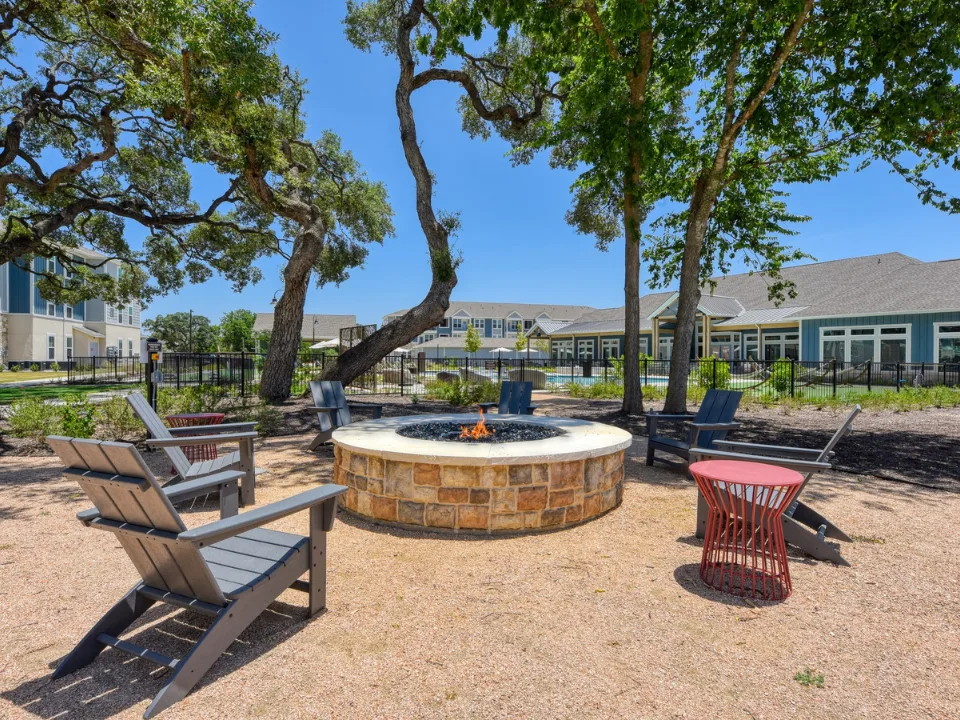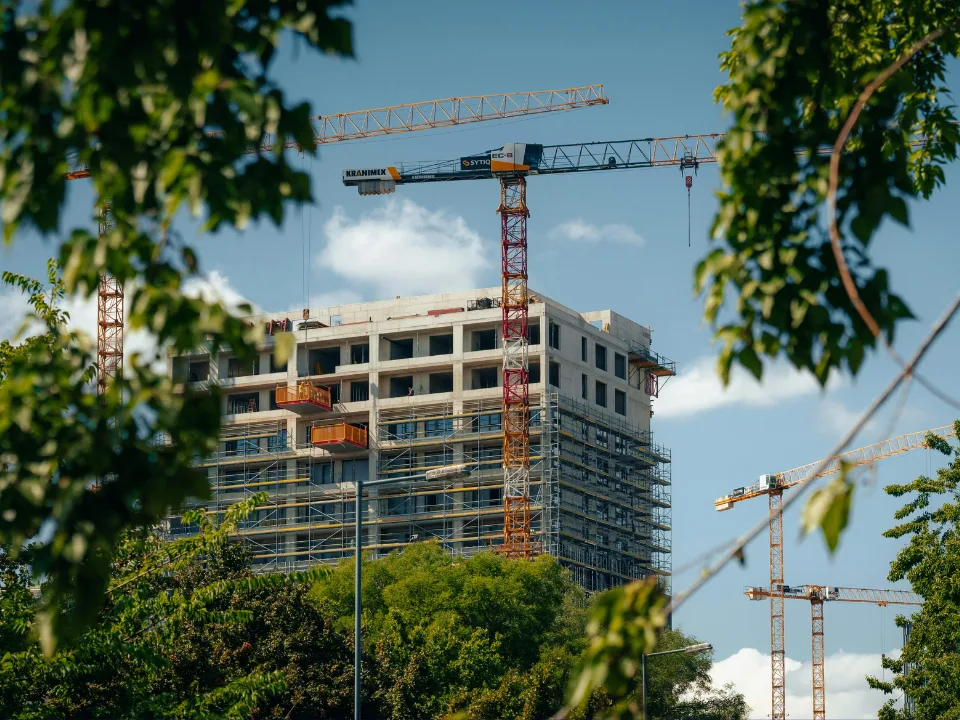- Larry Silverstein, famous for redeveloping the World Trade Center, is considering expanding his focus to Midtown Manhattan, capitalizing on distressed commercial properties.
- Silverstein sees potential in converting outdated office buildings into residential spaces as vacancy rates in the area rise.
- Silverstein’s ongoing projects include the redevelopment of 2 World Trade Center and a proposed casino and hotel complex near the Javits Center.
At 93, Larry Silverstein, the developer behind NYC’s World Trade Center, is setting his sights on aging office buildings in Midtown Manhattan, as reported in Bloomberg.
Traditionally focused on downtown, Silverstein now sees Midtown as ripe with opportunities, particularly as CRE values plummet and distressed assets become available.
These conditions, coupled with challenges posed by aging offices, present unique opportunities for developers like Silverstein to acquire, renovate, or convert properties into residential spaces.
Capitalizing on Distress
Silverstein’s interest in Midtown is driven by the increasing number of nonfunctional office buildings and banks’ reluctance to hold onto aging assets.
With property values declining, developers can purchase these older, unwanted buildings at lower prices—before undertaking extensive renovations or conversions.
“There are going to be many opportunities in Midtown,” Silverstein stated in a recent interview, highlighting the growing trend of office-to-residential conversions in New York City as a solution to high vacancy rates and outdated infrastructure.
Office-to-Resi Focus
Silverstein Properties is already moving forward with a conversion project at 55 Broad Street, a former Goldman Sachs office building in the Financial District that is being transformed into residential apartments.
This project marks Silverstein’s first-ever foray into office-to-residential conversions, a trend that is gaining traction nationwide as the demand for post-pandemic office space continues to fall.
Silverstein believes that residential development will increasingly take root in Midtown, transitioning what were once purely office neighborhoods into mixed-use areas. However, he acknowledges the complexity and cost of such conversions, which can deter other developers.
Long-Term Commitment
Despite his interest in Midtown, Silverstein remains committed to his longstanding project in Lower Manhattan—the redevelopment of the World Trade Center. Silverstein Properties has successfully developed 3, 4, and 7 World Trade Center, housing high-profile tenants like Moody’s, Uber, and Spotify.
However, the final piece of the puzzle, 2 World Trade Center, remains undeveloped.
The site, currently home to mechanical equipment and a beer garden, has seen interest from potential tenants, including American Express, though no deal has been finalized. Silverstein remains optimistic about securing a tenant soon, noting that the broader World Trade Center complex is 97% occupied.
Casino Bid
In addition to his Midtown ambitions, Silverstein is pursuing a significant project near the Jacob K. Javits Convention Center. He’s proposed a gaming, hotel, and housing complex called the Avenir on 41st Street and 11th Avenue.
The development, if approved, would include two 46-story towers featuring luxury hotel rooms and affordable housing units.
For context, Silverstein is competing for one of only three casino licenses that NY State plans to award by the end of 2025. Confident in his proposal, Silverstein believes securing a casino license in Manhattan will come down to how much tax revenue a project can generate for the city and state.
